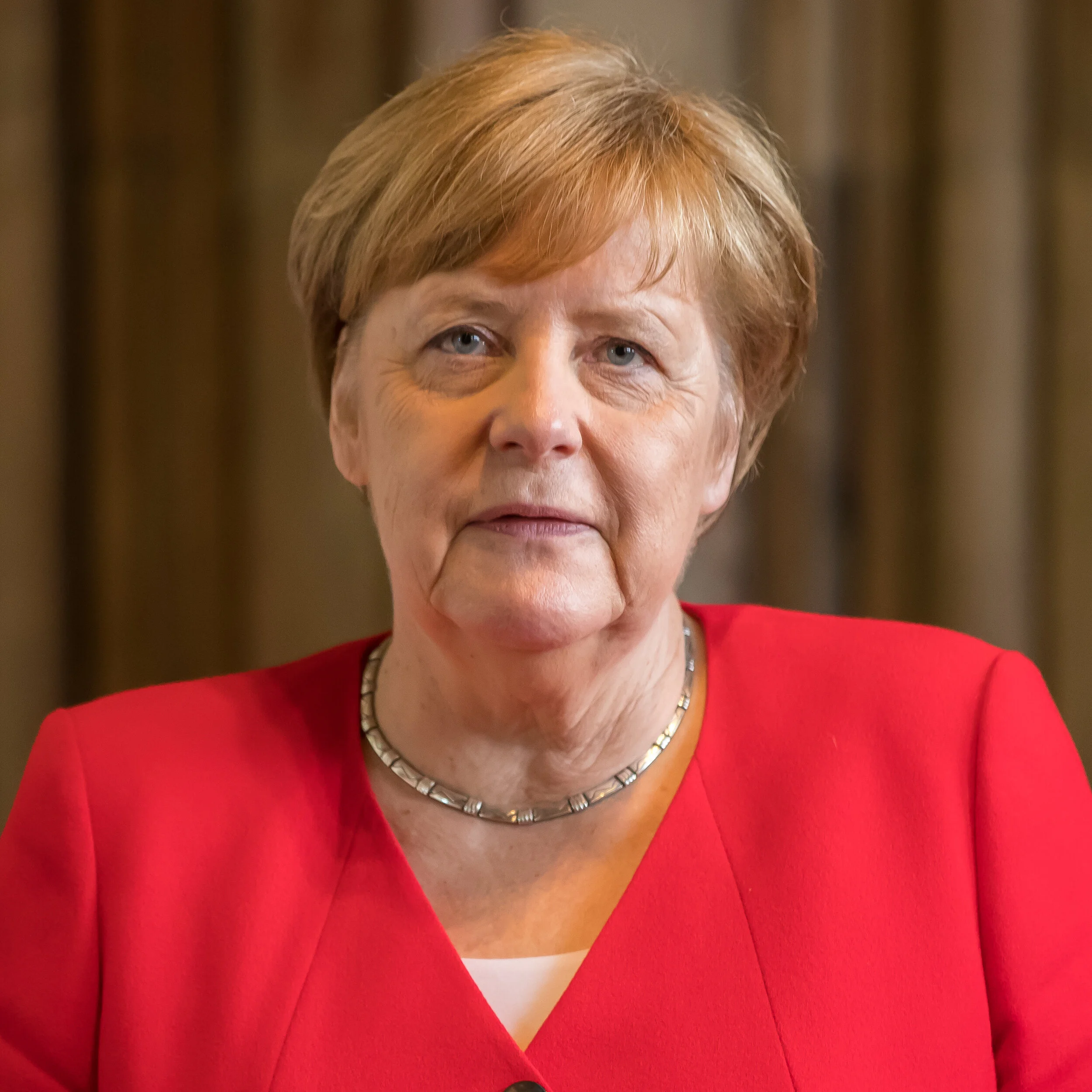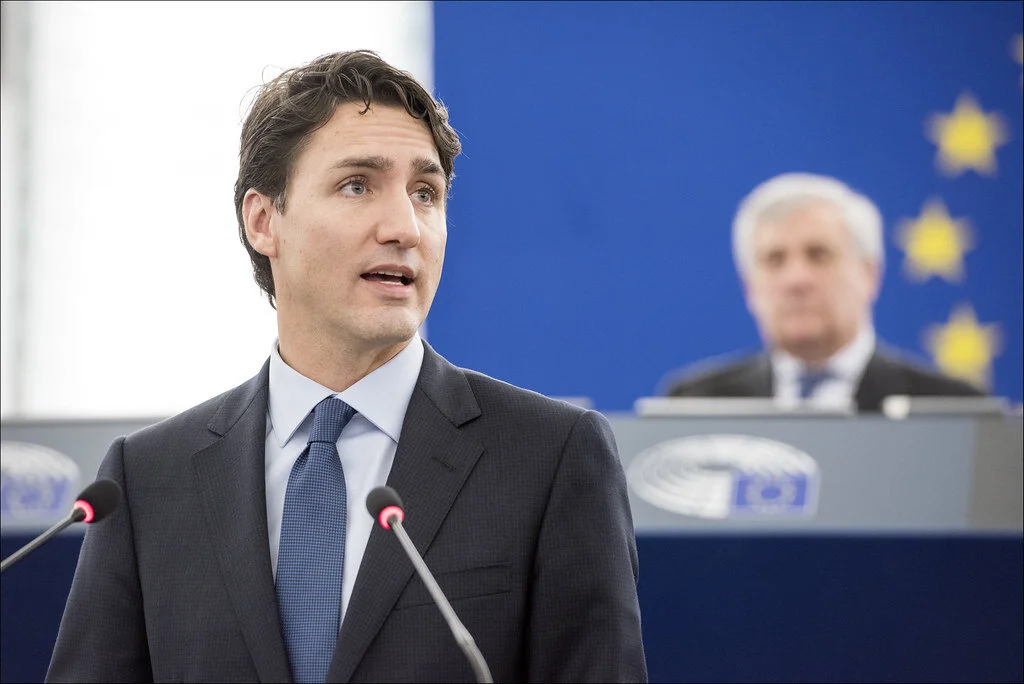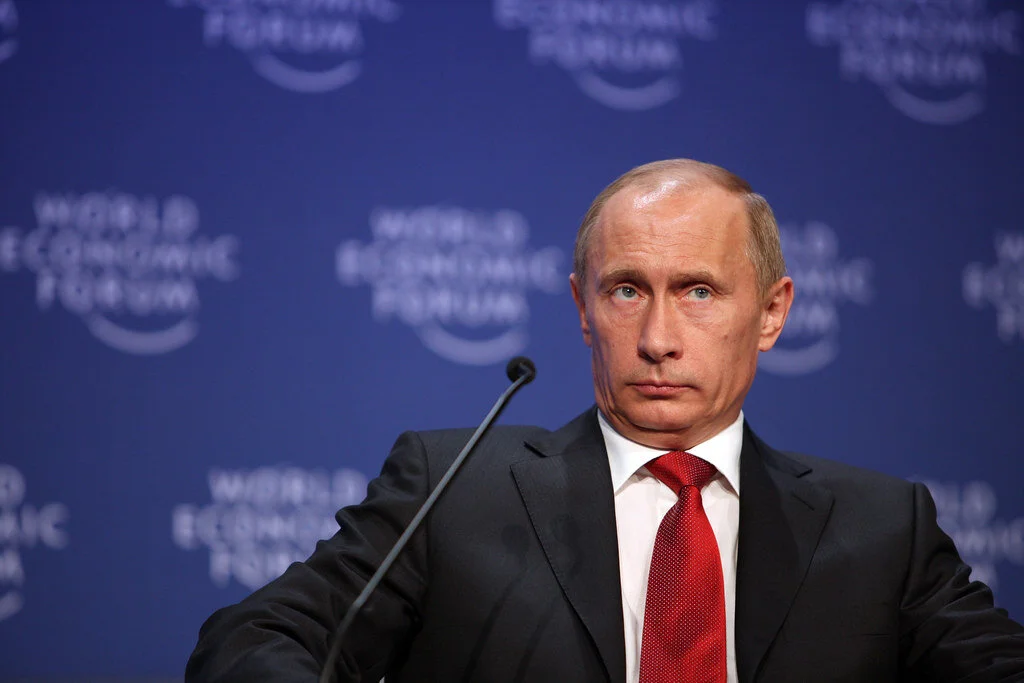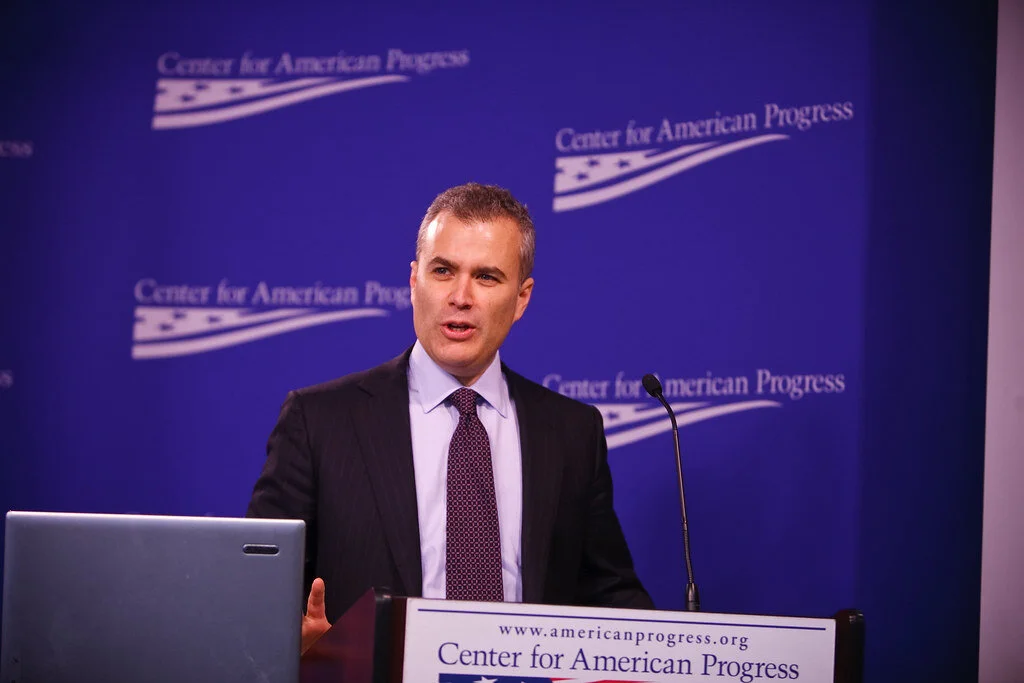International students respond to new winter housing policy
Afghan alums weigh in on their country’s future
Hindu students celebrate nine-day festival of Navratri
International students share experiences getting second COVID-19 vaccine
Global COVID-19 Counter: US and UK have highest positivity rates; vaccination rate rises around globe
By Sophie Soloway ’23
Global Editor
As of Oct. 26, 2021, there have been 244,342,963 total COVID-19 cases across the world, as reported by the Johns Hopkins Coronavirus Resource Center. This has resulted in 4,960,582 COVID-19 related deaths. 6,848,740,981 vaccine doses have been administered worldwide.
The United States leads these total positive cases with a reported 45,572,94945,450,123. The U.S. also has the highest number of recorded fatalities of all reporting countries.
Johns Hopkins reports that the United Kingdom holds the second-highest rate of positive COVID-19 testing within the previous 28-day cycle, with 1,113,163 positive tests reported. Turkey follows the United Kingdom, with 812,780 positive cases reported within the same period. Turkey has a total of 7,879,438 cases and 69,344 total fatalities.
CNN has an ongoing tracker on their website, which ranks nations based on their number of positive COVID-19 cases. Russia currently sits at the fifth position on that list. According to The Moscow Times, Russia has recently seen a distinct increase in positive COVID-19 cases. The country reached its record number of cases on Oct. 25, with 37,930 new cases and 1,069 deaths.
Restrictions on outings and vaccination mandates have been imposed regionally, rather than nationally, with Russian President Vladimir Putin again advising local governments to impose legislation on Oct. 25th.
Amid these record-setting transmission rates, The New York Times reported that 5049.9 percent of the global population has received at least one dose of the vaccine. The United Arab Emirates leads this statistic, with 98 percent of its eligible population having already received their first vaccination dose. As eligible adult vaccination rates rise, researchers across countries continue to investigate solutions for child vaccination.
International students reflect on dining hall offerings
Social Democrats achieve narrow win in German parliamentary elections
China aims to limit abortions to reverse population decline
Trudeau claims reelection victory
Russian parliamentary elections show growing dissatisfaction with United Russia party
The US lifts travel ban on international travelers
International students face challenges when returning to campus
As Mount Holyoke College welcomed its students back on campus for an in-person semester, returning international students shared their experiences traveling back to campus. Some explained how traveling in the time of COVID-19 can be difficult with regards to getting vaccinated, testing, flying and moving in.
Assault and murder of Indian woman shines a light on country’s structural inequalities
Content warning: The following piece discusses the sexual abuse and murder of women and of a minor. It also includes brief mentions of suicide.
“How much longer can we look away! Women’s rights are human rights,” Indian journalist Faye D’Souza declared on Instagram. “Enough is enough.” D’Souza’s post referred to a series of cases in the news surrounding sexual violence against Indian women.
AUKUS, new US, UK and Australia security agreement, angers rivals as well as allies
The United States, the United Kingdom and Australia have announced a tripartite security agreement on Sept. 15. The deal, titled AUKUS, a combination of the three nations’ abbreviated initials, is meant to challenge China’s increasing claims over territory in the Pacific, reported The New York Times.
US ends 20 year old war, leaving Afghani civilians in the lurch
By Madhavi Rao ’24
Staff Writer
After a 20-year insurgency against the U.S. government, the Taliban, an Islamic militant organization, has taken control of Afghanistan. The extremist takeover was hastened by the U.S.’s withdrawal of troops from Afghanistan in July and August 2021. The militant group's seizure of power has caused human rights concerns for citizens of Afghanistan.
On April 14, President Joe Biden announced that U.S. troops would withdraw from Afghanistan, ending an ongoing war that spanned two decades. Biden stated that “[The U.S.] no longer had a clear purpose in an open-ended mission in Afghanistan,” Al-Jazeera reported. This decision was fully implemented on the Aug. 31 deadline, when the last U.S. troops left the country. The withdrawal of the U.S. military led to the rapid conquest of the country by the Taliban, resulting in the extremist organization’s capture of the capital, Kabul, on Aug. 15.
During the reign of the Soviet Union, the USSR extended forces to Afghanistan as a way of supporting the communist government that existed there. In 1989, the Soviets were driven out by Islamic fighters. The subsequent power vacuum led to the creation of the Taliban, an Islamic extremist group consisting mostly of students, in 1994. When it first emerged, the group was described as consisting of “Islamic purists and Afghan patriots” by The New York Times. The movement was initially welcomed as a form of relief against the Afghan warlords that played a part in driving out the Soviet soldiers. However, in 1996, the Taliban declared Afghanistan an “Islamic Emirate,” ruling with a conservative view of the religion which was intolerant of other religions and oppressive of women’s freedoms. By 1998, the militant group had taken control of most of the country.
Following the 2001 attack by the terrorist group al-Qaeda on the Twin Towers in New York City, Osama bin Laden, the head of al-Qaeda, was harbored by the Taliban in Afghanistan. The U.S. military launched airstrikes alongside Afghan Northern Alliance ground forces and deposed the Taliban rulers when they refused to hand over bin Laden. According to BBC News, the U.S. vowed to “support democracy and eliminate the terrorist threat” in Afghanistan. The Taliban returned, and the situation escalated into the longest war that the U.S. has fought. With the withdrawal of the last U.S. troops on Aug. 31, the future of Afghanistan under Taliban rule is uncertain.
“For at least the past ten years, the Taliban controlled at least half of Afghan territory,” chair of International Relations on the Alumnae Foundation and Professor of Politics Sohail Hashmi said. “The people in rural Afghanistan — the majority of the population — have been under Taliban rule. The choice facing President Biden was to prolong this stalemate for yet another presidential administration, escalate American troop presence to respond to escalating Taliban attacks, or pull out,” Hashmi continued. “In my opinion, President Obama made a crucial mistake when he decided to continue the American presence in Afghanistan after Osama bin Laden was killed in 2011. Remember, the U.S. attacked Afghanistan in 2001 to eliminate the threat from al-Qaeda coming from that country. Ten years later, bin Laden was killed not in Afghanistan, but deep in Pakistan.”
“Over the 20-year arc of the war, it has been a story of U.S. overreach and, at times, a self-deluding refusal to face facts,” American journalist David Ignatius wrote in an opinion piece for The Washington Post.
“The problem with the evacuation, in part, was that military and civilian efforts were operating on different clocks,” Ignatius said. “The military raced out by July 1, embracing the generals’ credo, ‘speed is safety,’ and leaving behind only a token force of 650.” He continued, “The civilian withdrawal proceeded at a slower pace, moving more like ‘pond water’ than a rushing torrent, in the words of one four-star general. That was partly because Biden had promised President Ashraf Ghani to avoid a rush for the exits that might trigger a panic. It turned out that it was Ghani himself who panicked and fled for his life, handing Kabul to the Taliban.”
Omid, a 26-year-old Afghani medical student, told Al-Jazeera, “They gave us pens and taught us about freedom, and then just as quickly, they took it all away,” referencing the end of U.S. presence in the country. In an interview with the news outlet, he went on to explain that the main concern for many Afghani civilians at the moment is staying out of poverty, as well as finding a means of leaving the country.
Abhilash Medhi, assistant professor of history at Mount Holyoke College, commented on the conditions of people in the country: “In terms of inflation, food security, poverty, etc. the country might face similar problems as it did under Taliban rule in the 1990s. People are already lining up to sell household items for money. One statistic states that one third of the country now has food insecurity.”
One reason for the economic instability is the withdrawal of U.S. aid to the country. Foreign aid accounts for nearly half the legal economy of Afghanistan, according to a report by The New York Times, meaning that stopping this inflow of cash could lead to a serious financial crisis in the nation. The exit of U.S. troops also removed a major source of tax revenue from the country.
The Taliban’s conservative views are also a source of concern when considering the country’s future. In a report on the conditions of human rights in Afghanistan, Amnesty International stated, “Women and girls continued to face gender-based discrimination and violence throughout Afghanistan, especially in areas under Taliban control, where their rights were violated with impunity and violent ‘punishments’ were meted out for perceived transgressions of the armed group’s interpretation of Islamic law.”
Medhi further clarified, “A large portion of the country was already under Taliban rule. In the south and the east, in regions such as Helmand, Wardak and Paktia, there were entire districts which were already controlled by the Taliban.” Medhi continued, “The Taliban’s strict doctrine is not dissimilar to how some ethnic groups, such as the Pashtuns, were already living. However, for groups such as the Hazaras, the Uzbeks and the Tajiks, these developments can be very troubling. The Taliban takeover means very different things for people based on their ethnicity and gender.”
Massoud, a shopkeeper in the capital city of Kabul, told Al-Jazeera, “The former governments were full of corrupt thieves, but now, we have no freedoms.”
Haitian president assassinated
Jovenel Moïse, the president of Haiti, was assassinated in his Port-au-Prince home on July 7. In the weeks since his assassination — which investigators and the country’s Prime Minister have deemed “highly coordinated” — the country has seen mass mobilization and deep division. Over two dozen arrests have been made since the assassination, although little has been shared regarding the suspects’ individual roles.













